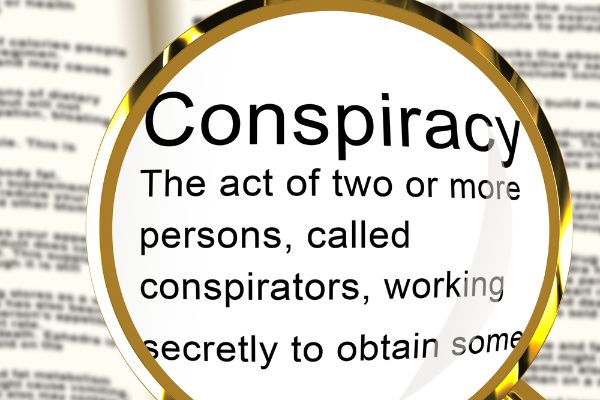
Former President Trump was charged with inciting the Capitol riot on January 6, 2021, by telling “lies” regarding the 2020 election, according to Special Counsel Jack Smith. To that purpose, he filed four federal charges against Trump this week, one of which includes the possibility of the death sentence. The indictment, however, contains little fresh information; it reads much like the January 6th Committee’s report or the second impeachment petition against Trump. The Double Jeopardy Clause of the Constitution consequently prohibits it.
An individual cannot be prosecuted twice in a federal court for the exact same offense under the Fifth Amendment’s Double Jeopardy Rule. Because the federal and state governments are regarded as “dual sovereigns,” a person can nevertheless be prosecuted for the same offense in both a state’s court and also a federal court. However, it is also applicable at the federal level as well, and even though an impeachment trial in the US Senate is not considered a formal criminal action, it shares many characteristics with them.
It is stated in one of the United States Constitution’s impeachment provisions, Article I, Section 3, Clause 7, the fact that an individual who has been found guilty by the Senate in a trial for impeachment may still be prosecuted in a federal criminal court: “Those who have been convicted will nevertheless be accountable and is subject to charges, trial, ruling, and punishment, as provided by law.” It doesn’t specify that an individual who has been cleared by the Senate can nevertheless face legal action. Acquitted officials may have been protected by the Constitution’s original intent.
Given that there is no necessity for proof beyond a reasonable doubt within the Senate, which has a lower standard of proof compared to a criminal court, this looks much more persuasive. A Senate trial runs the possibility of being determined by political considerations, as Alexander Hamilton noted in Federalist 65. It is more difficult to obtain an acquittal there rather than in court. Trump is therefore shielded by the Double Jeopardy Clause. Before trial, the new indictment needs to be thrown out, sparing the nation the spectacle.
These content links are provided by Content.ad. Both Content.ad and the web site upon which the links are displayed may receive compensation when readers click on these links. Some of the content you are redirected to may be sponsored content. View our privacy policy here.
To learn how you can use Content.ad to drive visitors to your content or add this service to your site, please contact us at [email protected].
Family-Friendly Content
Website owners select the type of content that appears in our units. However, if you would like to ensure that Content.ad always displays family-friendly content on this device, regardless of what site you are on, check the option below. Learn More





